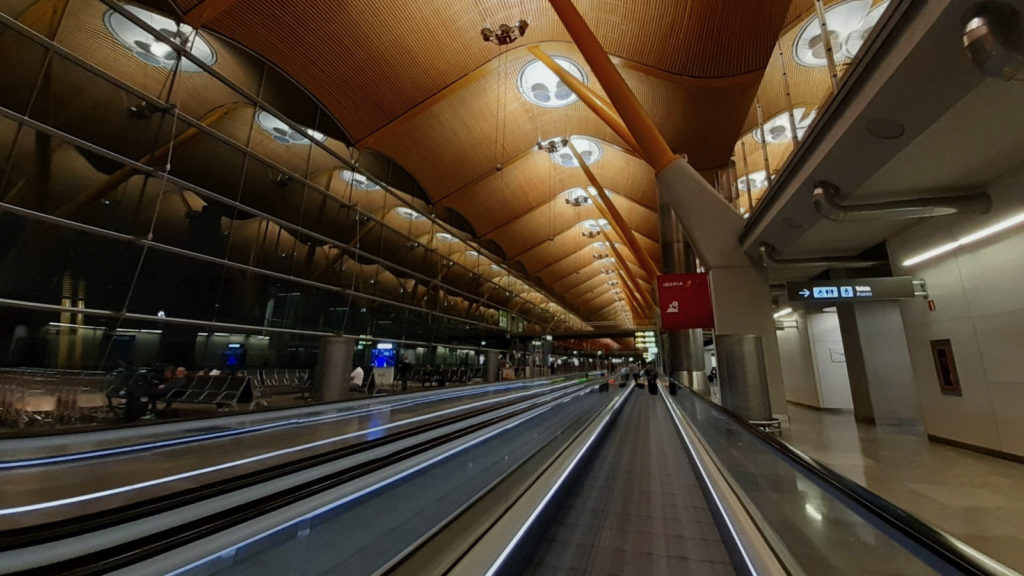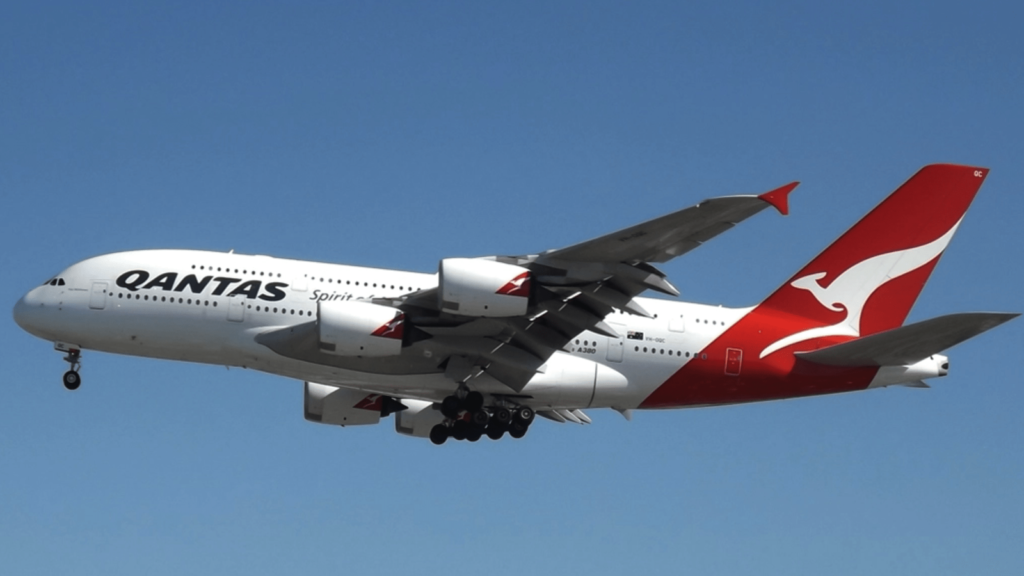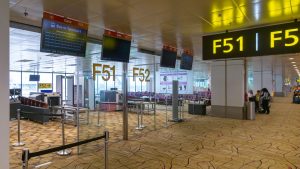Why the world will always want and need to fly

What we'll be covering
This article originally appeared on AirlineGeeks. This is an opinion piece.
Picture yourself chasing the sunset onboard a flight. Around you, there are around 200 other people going on holiday, to reunite with family, on a business commute or perhaps attending a conference gathering the world’s experts in a certain field.
At the same time, more than a million others are airborne, connecting between multiple points on earth, for those and many more reasons which tie the world together. That’s part of the magic of flight and as we thought is pivotal for the smooth running of social and economic activity in this day and age.
From the early months of 2020 to now, travel has fundamentally changed as the spread of COVID-19 hiked across borders. During the early months of the pandemic, nearly country on earth was affected, including the standout countries of today such as Australia and New Zealand. And while areas such as the USA, Europe and the UK managed to contain the virus during the nothern Summer, the virus is now coming back with a vengence as the year closes out.
The result of the pandemic has been travel turmoil, with borders across the world being temporarily shut, flights suspended, airlines axing the vast majority of their global capacity, people and corporations halting travel throughout nearly every corner of the world. We have seen such moves the U.S banning passengers from Europe, the Schengen area suspending internal flights and closing its borders to non-EU nationals for 30 days and Australia preventing its citizens and permanent residents from leaving the country.
In such unprecedented times, it is the first time we have seen airlines across the globe taking drastic measures to cope with a world that for once can’t fly. At the height of the pandemic, we witnessed United cutting 60 percent in capacity until further notice, Delta by 70 percent. British Airways by 80 percent and Lufthansa, Air France and Qantas by 90 percent.

Perhaps the most surprising is Ryanair. The largest Boeing 737-800 operator in the world temporarily axed the vast majority of its flights, only maintaining a small number of flights between the U.K and Ireland.
With much of the world sitting at home, working remotely if possible and to a feasible extent, doing virtual gatherings with friends and connecting with the outside world through the lens of virtuality; it is not alliin to reflect on whether this crisis while inflect many of our habits, including the way and the frequency in which we travel.
As the world’s largest multinationals started to ban all non-essential travel and face-to-face meetings from as early as February and replacing with online teleconferencing, this could well be something that is here to stay. This certainly does not replace the need for human interactions, but might reduce the need for day trips to other cities or reduce the frequency of business commutes.

This period could unveil that potential for business to be dealt with virtually. This becomes especially prominent, as companies will be under enormous pressure to manage down costs as the global economy is hit by the consequences of people’s immobility.
While I don’t want to get speculative on the changes that this global social isolation will bring to travel, it is likely it will change some things. On one hand, it shows that the scale of globalisation and connectivity makes it pretty hard for most things to not have global repercussions. On the other, it shows we cannot live without one another and that we can interact, share, laugh and express solidarity despite not being physically in the same place.
This doesn’t mean we won’t need flying, in fact, quite the opposite. Think about your desire to resume travel, discover new destinations, reunite with love ones that live elsewhere or engage in new projects that capture opportunities in other geographical locations. It’s hardly possible to imagine a world without the urge for geographical displacement for more reasons than we could possibly imagine. Sooner than later, the magic of flight will be there for us to chase dreams. We just might, to an extent change the frequency in which we displace.
To the enormously passionate and resilient aviation community, I share my deepest solidarity through these rough times. Let’s hope the industry once again shines for its capacity for recovery and sooner than later airports are filled up, planes take off and land and those who make the magic of flight back doing what they love.
For the rest of the world, the next few months will be tough, both healthwise and for the economy. But hope is near, with the first vaccine shots being administered in both the UK and the US.
Here in Australia, we have managed to contain the virus well and are able to experience more freedoms, especially in terms of domestic travel. And the good news is that we too will hopefully soon be able to take the vaccine and work our way towards normal, and forever drop the ‘Covid’ in Covid-normal.
Additional reporting by Daniel Sciberras






Community